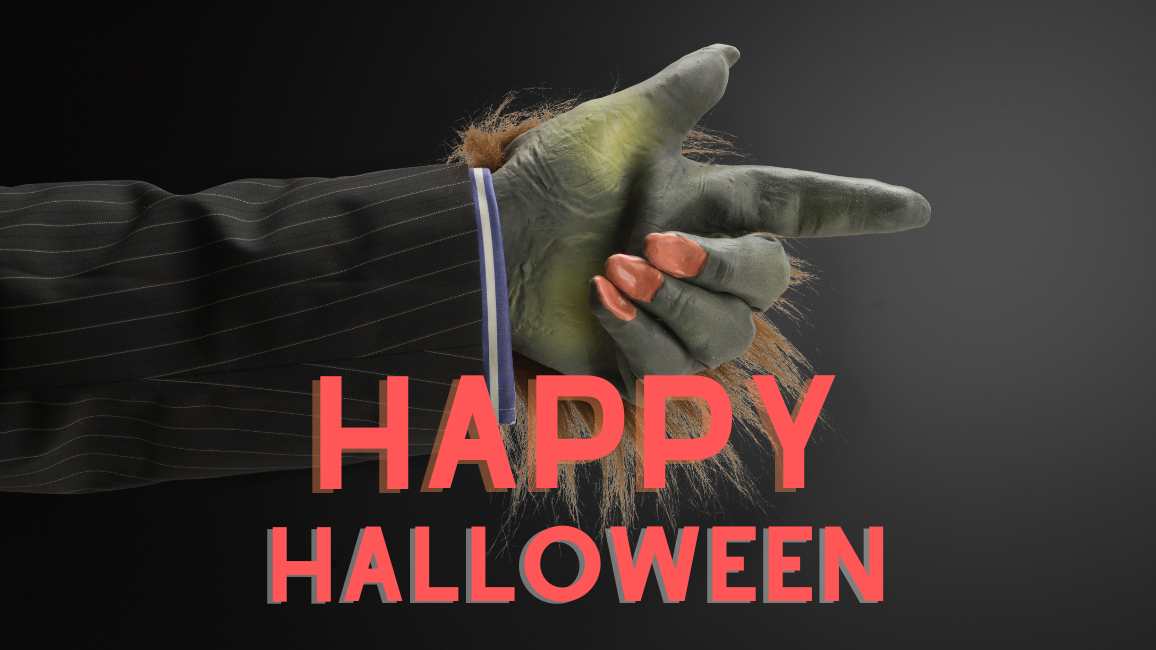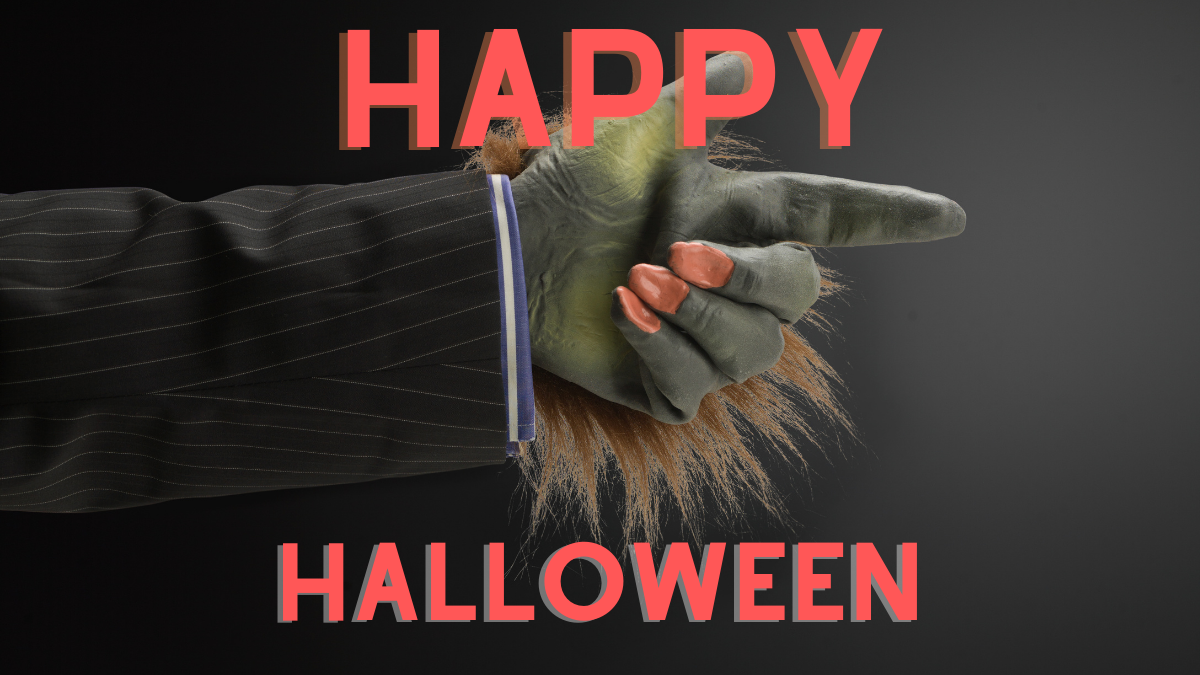As Halloween approaches, it’s the perfect time to delve into a legal case that, though not intentionally spooky, has earned its place in legal history as the “Hairy Hand Case.” In Hawkins v. McGee (N.H. 1929), we find ourselves in the realm of contract law, where a seemingly ordinary dispute took an eerie twist. This case serves as a fascinating illustration of how even seemingly straightforward matters can have unexpected and hair-raising outcomes in the world of law.
The Facts
The case of Hawkins v. McGee centers around a young boy named Robert M. Hawkins, who had a dream of having his hand restored to its natural state. A hair-raising, albeit literal, twist awaited young Hawkins. As a child, he had injured his hand, causing substantial skin damage. Seeking a solution, he turned to Dr. Edward E. McGee, a surgeon known for his skill in performing skin grafts.
In their contractual agreement, Dr. McGee promised to make Robert’s hand “one hundred percent perfect.” The key issue in the case was whether this promise constituted a warranty, or if it was merely a representation of the likely outcome of the surgery.
The Legal Proceedings
Hawkins underwent the surgery performed by Dr. McGee, but the results were far from perfect. Instead of a fully restored hand, Hawkins was left with a hand covered in hair, a condition that Dr. McGee referred to as “hypertrichosis.” Hawkins subsequently filed a lawsuit against Dr. McGee, alleging that the surgeon had breached his contract by failing to deliver a hand that was “one hundred percent perfect.”
The court proceedings brought the case to the New Hampshire Supreme Court, which examined whether Dr. McGee’s promise constituted a warranty or merely a statement of fact.
The Legal Ruling
The New Hampshire Supreme Court ruled in favor of Hawkins, holding that Dr. McGee’s promise to make the hand “one hundred percent perfect” constituted a warranty. The court reasoned that Dr. McGee’s words went beyond a statement of fact about the likely outcome and instead amounted to a guarantee of the result. Therefore, the court found that Dr. McGee had breached his contract with Hawkins by failing to deliver on this warranty, leaving Hawkins with a hairy hand.
This case, though quirky in its facts, contributed significantly to the development of contract law by distinguishing between representations and warranties. It also highlighted the importance of the precise language used in contractual agreements.
Conclusion
Hawkins v. McGee may not be a traditional Halloween tale, but it offers a legal narrative with a twist that can chill the spine of any budding law student. This case has become a classic example in contract law courses, illustrating the distinction between representations and warranties, and the importance of clear and precise language in contractual agreements.
So, this Halloween, when you find yourself spinning eerie tales of ghosts and goblins, don’t forget to include the chilling story of Robert Hawkins and his “hairy hand.” After all, in the world of law, the most hair-raising stories are often found where you least expect them.


